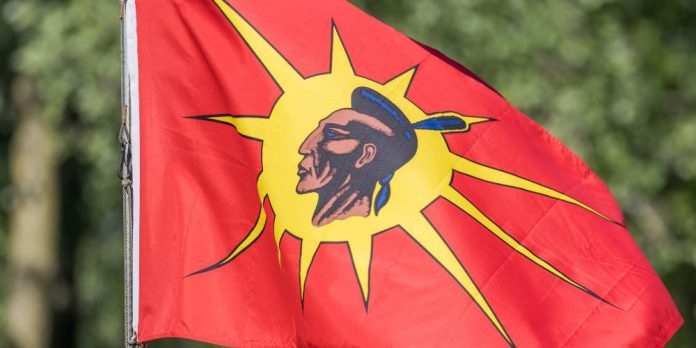While most grey market Canadian operators were more than willing to undergo the licensing and regulation required by the Alcohol and Gaming Commission of Ontario (AGCO), one group is challenging the province’s move to regulate and limit what groups offer online casino and sports betting.
The Mohawk Council of Kahnawa:ke (MCK) announced it is filing a legal challenge to Ontario’s online gambling market with the Ontario Superior Court. Per the release, MCK believes the open market in Ontario violates Section 207 of the Criminal Code.
MCK challenging the scope of law’s “conduct and manage” language
Prior to the launch of regulated online gambling in April, licensees of the Kahnawa:ke Gaming Commission (KGC) offered online gambling throughout the country. With the closure of the gray market in Ontario, the market for these operators was reduced significantly. The KGC has been a regulator for over 20 years, with online gambling regulation dating back to 1999.
“The plain facts are that Ontario’s actions are causing a significant loss of important revenues for our community,” said Ratsenhaienhs (elected Council Chief) Mike Delisle, Jr. “Until these actions were taken, we were operating legally, safely, and successfully across Canada. To be shut out of Ontario – by far the largest province in Canada – will have devastating effects on a source of income that has supplemented programs and services in our community for the last two decades.”
Section 207 gives the right to lotteries within a province to conduct gaming. While most provinces offer online gambling under a lottery-owned monopoly, Ontario took a different tact and decided to create iGaming Ontario (iGO) to manage and oversee a private market of regulated operators.
The phrasing of Section 207 allows lotteries to “conduct and manage” gaming. At the heart of the argument is a debate on whether regulatory oversight can be considered “conducting and managing”.
MCK would like a carveout to continue operating and regulating nationwide
The nation passed a national sports betting bill, C-218, in 2021. That law expanded the scope of lottery oversight to include sports wagering. MCK opposed the bill, suggesting it ignored First Nations gaming and its decades of experience because it allowed for a wider range of interpretation of Section 207 by the provinces.
“The Attorney General as well as the Minister of Justice have been unable to provide the type of workable solutions that his Prime Minister has tried to afford us. And again, all we’re looking for again is we call it an exemption, a carveout. Call it what you will, but real discussion and a fair shake at what we’ve been very, very successful in building here in the community,” Delisle said during a press conference.
Delisle also reiterated the group did their best to avoid the court, but the response from lawmakers, the AGCO, and other officials made it clear challenging the law was the only path forward. In regards to the AGCO in particular, Delisle noted they were open to conversations, “although the 11th hour said sure we’re prepared to speak with you, you’re talking to the wrong people. We can only enforce the law, you need to go beyond where we are.”
When reached for comment, the AGCO offered this response to SBC Americas:
“The Alcohol and Gaming Commission of Ontario (AGCO) is responsible for regulating the alcohol, gaming, horse racing, and cannabis retail sectors in accordance with the principles of honesty and integrity, and in the public interest.”
“As for the AGCO, we are proud to have a long history working respectfully and collaboratively with First Nations in the sectors we regulate. We will continue to approach our work with First Nations communities in a spirit of respect, transparency, and collaboration for the benefit of Ontarians.”















